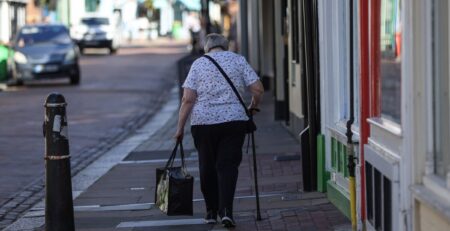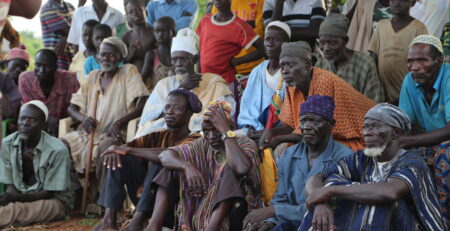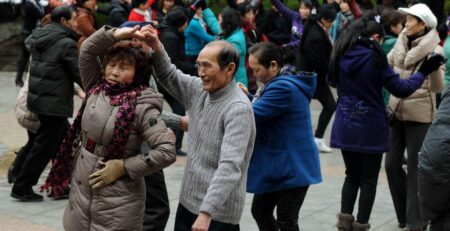Emerging Europe strong on women’s economic opportunities but dragged down by low pensions
Countries from the emerging Europe region performed well on the latest global survey of women’s economic opportunities from the World Bank.
The post-socialist countries of Central, Southeast and Eastern Europe and Eurasia had an average score of 86.4 points out of 100, while globally, women had just three-quarters of the legal rights afforded to men on average around the world.
The report “Women, Business and the Law 2021”, looks at laws and regulations in eight areas that affect women’s economic opportunities in 190 economies, over the period from September 2019 to October 2020.
It finds that there was progress in several countries during the last year, but laws still restrict women’s opportunities – and the economic and social impact of the coronavirus (COVID-19) pandemic has reinforced gender inequalities, creating new challenges to their health, safety and economic security.
“Women need to be fully included in economies in order to achieve better development outcomes,” said David Malpass, World Bank Group president, in a press release marking the publishing of the report on February 23.
“Despite progress in many countries, there have been troubling reversals in a few, including restricting women’s travel without the permission of a male guardian. This pandemic has exacerbated existing inequalities that disadvantage girls and women, including barriers to attend school and maintain jobs. Women are also facing a rise in domestic violence and health and safety challenges. Women should have the same access to finance and the same rights to inheritance as men and must be at the centre of our efforts toward an inclusive and resilient recovery from the COVID-19 pandemic.”
Read more @Intelli News











